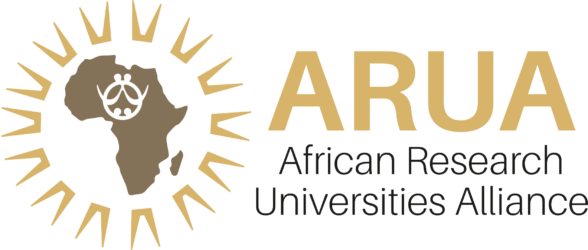
Safeguarding the Gains made in Energy Efficiency in the face of the COVID-19 Pandemic: The Role of the ARUA Centre of Excellence in Energy
There have been some gains made globally in accelerating universal access to affordable, reliable, and sustainable energy in the last few years, even if these gains have not been equally distributed. These have been, however, threatened by the COVID-19 pandemic. Most countries have had to re-prioritize the objectives of public policy and focus more on providing critical safety nets for a large majority of their populations.
Due to the unequal distribution of the gains from energy efficiency, the World Bank has reported that the pace in increasing access to clean energy for cooking, especially renewable energy, has slackened significantly in regions such as Asia and Sub-Saharan Africa.[1] The COVID-19 pandemic is further expected to worsen the situation following the general economic slowdown all over the world. Some of the other related developments include the pandemic containment measures that require many activities to be undertaken remotely, one that requires regular energy supply. The expectation has been that where access to energy has been a challenge, inequality and poverty as well as other social and economic problems will worsen. There is therefore, a need to safeguard the earlier gains made in achieving global energy efficiency.
Significant public commitments and investments are critical in safeguarding these gains and providing the incentives that can be used to spur the deployment of new technologies to ensure that ‘no one is left behind’.
The search for new ways of ensuring energy efficiency makes good relevant research essential. This is what got the African Research Universities Alliance interested in energy. Research must lead to technical solutions that are affordable, practical and implementable, especially in the areas of enhancing agricultural and manufacturing productivity.
The ARUA Centre of Excellence in Energy has been established at Stellenbosch University to vigorously pursue the goal of enhanced productivity, especially in enhancing food production. The Centre is prioritising the integration of renewable energy into systems that address the food, nutrition and water supply challenges in Africa. This focus is expected to enable a sustainable intensification of agriculture, improve postharvest processing and the preservation of foods as well as the supply of water. This is critical in enhancing agricultural productivity and the supply of highly nutritious foods, especially when global supply chains have been disrupted.
The Centre of Excellence has laid out a programme of capacity building activities that will enable research capacity development within a broad approach, especially among early career researchers (ECRs, which in this context includes early-career lecturing and research staff and PhD students) in the wide and interdisciplinary field of renewable and sustainable energy (RSE) research.
Through building on existing collaborations and establishing new research partnerships within and outside of the ARUA network, the ARUA CoE in Energy seeks to play a leading role in developing tailor-made RSE solutions that suit the needs found in the region. The Centre works closely with other centres in the network and derives maximum benefits from potential collaboration among researchers from 16 research-intensive African universities.
Ernest Aryeetey and Emmanuel Abbey
ARUA, Accra


